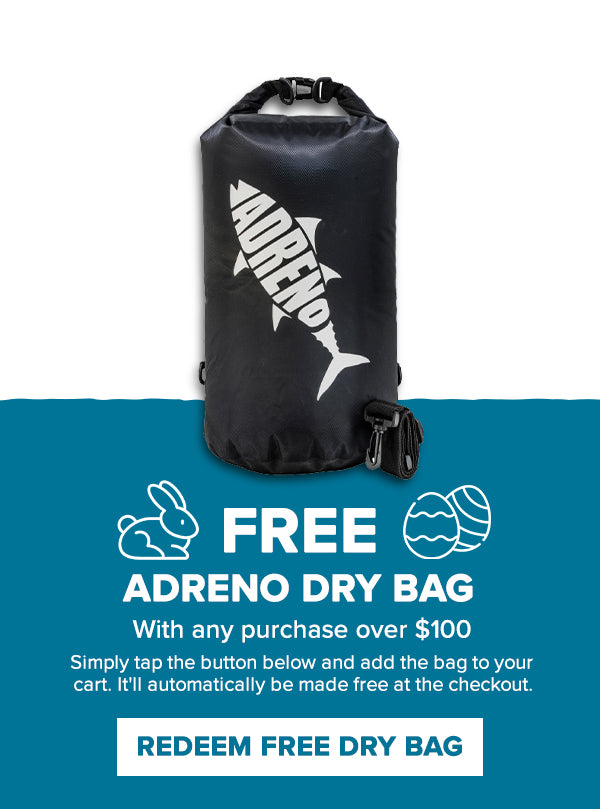Scuba Diving Gloves FAQ
1. Why do I need wetsuit gloves?
Wetsuit gloves are useful bits of kit for divers. They can help to protect your hands against rough abrasive surfaces such as rocks, wrecks and reefs. Gloves can also provide thermal insulation when you are diving which will help to keep your hands warm and prevent them from going numb. This can make it difficult to use your equipment. Wetsuit gloves can also protect your hands against the drying effects of immersion in water. Just like when you spend too much time in the bathtub the skin on your hands can get very soft and ‘prune like’ when you spend a long time in the water diving. This can have very drying effect on your hands. Wetsuit gloves are not totally waterproof but they will protect your hands from too much exposure to water.
2. What are wetsuit gloves made from?
You can get a number of different wetsuit gloves. Those that offer warmth and waterproofing are made from neoprene, the same as wetsuits. You can get neoprene gloves in different thicknesses and these are designed to provide thermal protection for your hands so it is important you replace them if they get any tears or rips (this will allow cold water to flood in). You can also get special gloves for spear fishing and wreck diving. These have additional grip and protection on the palms so that you can pick things up more easily and prevent abrasion and cuts when you are moving through areas of rock, coral and underwater debris. If you are diving in waters with a risk of stinging jelly fish then you can also get stinger suits that come with integral gloves. These are made from stretchy materials such as Lycra that protect against both UV light and stinging jelly fish.
3. How do you wash wetsuit gloves?
Wetsuit gloves are easy to wash and you can simply soak them in some fresh water after each dive. This will help to get rid of any salt crystals or chemicals. You should also wash them in some special wetsuit wash once in a while as well. This will get rid of any dirt and bacteria than may have built up and will keep your wetsuit gloves smelling fresh and clean. You should never wash wetsuit gloves in any regular domestic detergents or soaps as this can damage the neoprene and cause it to wear more quickly.
4. How do you store wetsuit gloves?
Wetsuit gloves should last you for a few years if you look after them well. Once you have washed your gloves make sure they are thoroughly dry. Store them flat on a shelf out of the way and don’t put anything on top of them. Neoprene will crease permanently if it is bent and this will cause weak sections that will break apart more easily. You should store wetsuit gloves in a dry, cool place away from direct sunlight.
5. What type of wetsuit glove do I need?
Neoprene gloves come in many different shapes and sizes. If you are scuba diving then you will not need to worry too much about flexibility. This means you can choose standard neoprene gloves. If you are going to be spear fishing you should consider buying 100% super stretch neoprene gloves. These provide much greater freedom of movement than standard neoprene gloves whilst still keeping your hands warm and dry. For wreck diving you may need to choose gloves with additional protection in the palms and fingers. This will help to prevent both your gloves and hands getting damaged by sharp or abrasive underwater debris.
6. What thickness of glove do I need?
Gloves are available in a wide range of thicknesses. You could just choose the same thickness glove as your wetsuit. However if you do feel the cold badly then it may be worth choosing a slightly thicker glove. In general if you are diving in warm waters gloves from 2mm to 3mm should be suitable. For cooler waters you may need to go up to 5mm if the temperatures dip below 20 degrees centigrade.
7. What size wetsuit glove do I need?
Each manufacturer will produce their own size chart so you will need to refer to this when you are buying new gloves. You should try on gloves before you wear them in the water to make sure they fit your hands. Wetsuit gloves will need to be close fitting in order to prevent water from seeping in. However they will need to be loose enough to allow freedom of movement as well. If your wetsuit gloves are too tight they could cut off the circulation in your hands making them feel cold and numb.
8. How long do wetsuit gloves need to be?
You should be able to tuck your wetsuit gloves up inside your wetsuit. This will prevent them from coming lose when you are diving and letting in water.
9. How do I keep my wetsuit gloves waterproof?
You will always get a little bit of water leaking into your wetsuit gloves but you can help to prevent them getting flooded by making sure they fit well. Tucking them up into your wetsuit will also help to prevent leaks. Designs that offer blindstitched and taped seams will also be more waterproof than standard flatlock seams.
10. Can I rent wetsuit gloves?
Dive shops will be able to rent you all of the equipment you need which is ideal for beginners. However if you dive regularly it is a good idea to buy your own wetsuit gloves as this will ensure you get the best fit possible.


